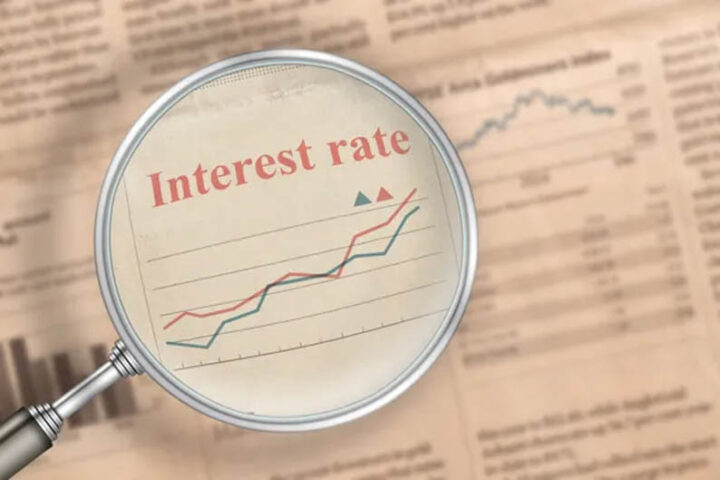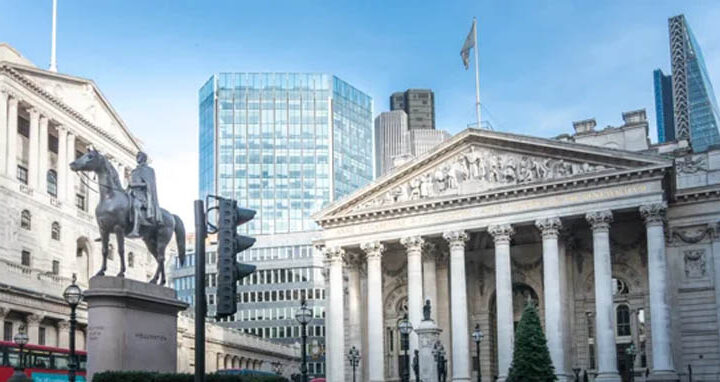Crushing economic growth, and not stagflation, is “the real danger” and should now be the focus of the European Central Bank and the Bank of England, warned the CEO of a leading independent financial advisory and fintech.
The ECB raised interest rates to a record high last week, while the BoE is expected to raise rates by another quarter point at its meeting on Thursday, taking the cost of borrowing to 5.5%, its highest level since early 2008.
Economist Nouriel Roubini, who has earned the moniker “Dr Doom”, told Bloomberg that the two central banks need to keep raising rates to ward off stagflation, which occurs when stagnant growth and high inflation happen simultaneously.
However, Nigel Green of deVere Group, said that, “while neither extreme is ideal, hindering longer-term economic growth is the real danger, not short-term stagflation, and it should be the focus for policymakers.”
“Crushing already slowing economic growth through the blunt instrument of monetary policy will be more detrimental to an economy than short-term stagnation,” the deVere CEO said.
Like a growing number of analysts, Green also pointed to the warning signs of a possible looming recession in the US in the form of the inverted Treasury yield curve, because it’s a sign of a tight credit market and weak economic growth.
“The inversion of the yield curve has preceded most US recessions since 1950. Of course, the knock-on effect of a downturn in the world’s largest economy would have far-reaching, serious effects globally,” he said.
“Stifling growth through the cost of capital becoming prohibitive for businesses and individuals leads to a decline in capital formation, reduced entrepreneurial activity, and a slowdown in economic development.
“It leads to a slowdown of innovation and development and a reduction of overall investment. These effects hinder future growth potential and undermine an economy’s competitiveness on the global stage.”
Job losses
Green added that killing off growth will naturally create job losses and a stagnant labour market.
“A lack of job opportunities can have a cascading effect, leading to increased unemployment rates, reduced consumer spending, and a decline in overall economic well-being.”
The deVere CEO added the wounds of stifling growth could also manifest through increased income inequality and decreased government revenue.
“Economic growth typically brings increased prosperity for all segments of society. When growth is crushed, income inequality tends to worsen, which could trigger social unrest and decreased social cohesion.
“Also, a growing economy generates more tax revenue for governments, allowing them to fund essential services like healthcare, education, and infrastructure development.
“Stagnation may lead to a budget crunch, but stifling growth can be even more detrimental, potentially requiring austerity measures that hurt households and public services.”
He concludes: “If additional interest rate hikes further hinder economic growth, the longer-term consequences will be far worse than a bout of stagflation.”









